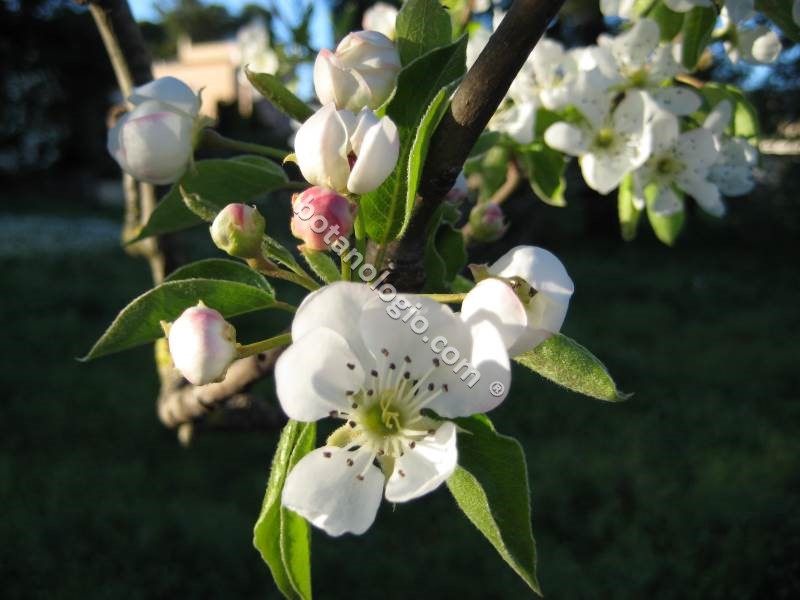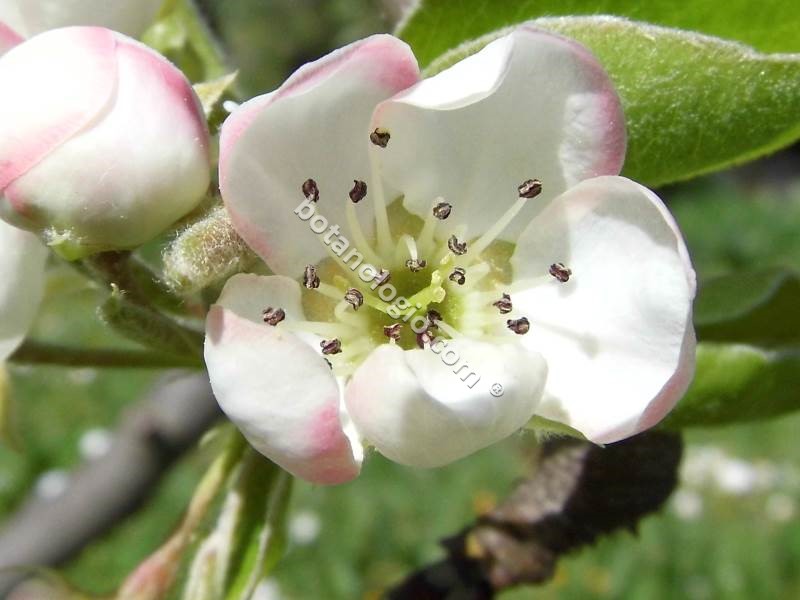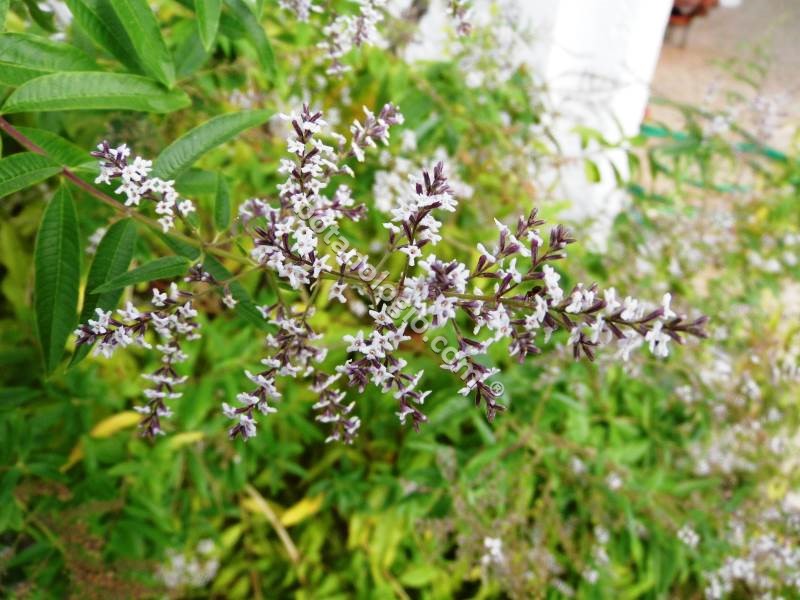Fig Tree – Ficus Carica

The figs are not considered herbs, but are very popular mainly for their nutritional value and their antioxidant activity. It is therefore an ideal food for weak or anemic bodies. They offer a great variety of vitamins and are energizing and very tasty!
In relation to the respiratory system, fig is very good for treating irritation of the throat, trachea or larynx and acts against chronic cough. The fig also helps significantly in cases of chronic respiratory diseases and inflammations such as bronchitis.
In cases of recovery from illness, fig fruit helps in faster recovery. The fig lowers blood pressure and also helps regulate the blood circulation. A very important feature of fig fruit, is that the consumption prevents and protects in long term from cardiovascular diseases.
The fig also improves kidney function, while the consumption works as an antiseptic for bladder, and in total for the digestive and urogenital system.
Two important properties of the fig is the antidiabetic activity which is found in the tree leaves and not the fruit, and the high calcium content, which helps prevent osteoporosis, maintaining bone density in normal levels. Fig even protects women from breast cancer, particularly in the period of menopause and after, when the hormones are instable.
The fig is already known for its mild laxative action and is especially helpful in cases of constipation. Always, of course, we must know that excess causes the opposite effect, so the consumption needs measure.
The figs consumption needs special attention in cases of disorders of liver and pancreas, while overconsumption can cause nausea and diarrhea.
Read more about the cosmetic uses of the figs and the nutritional value of figs!
antioxidant, fig, fig cellular protection, fig healing properties, fig health benefits, fig tree, herb, herbs, herbs healing properties, herbs health benefits





